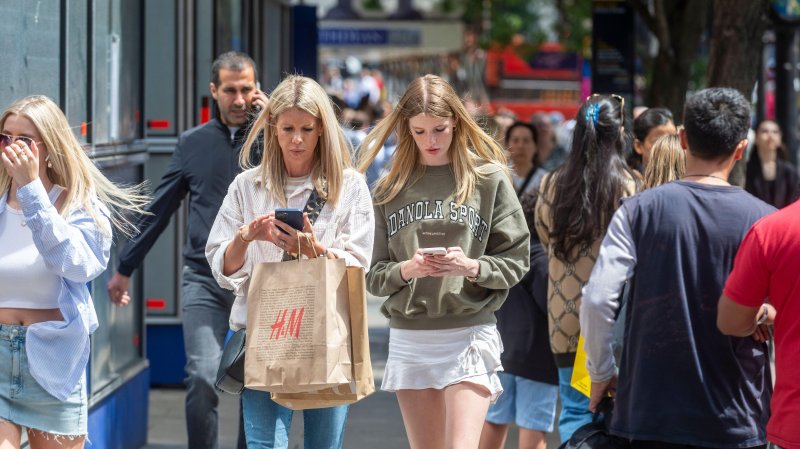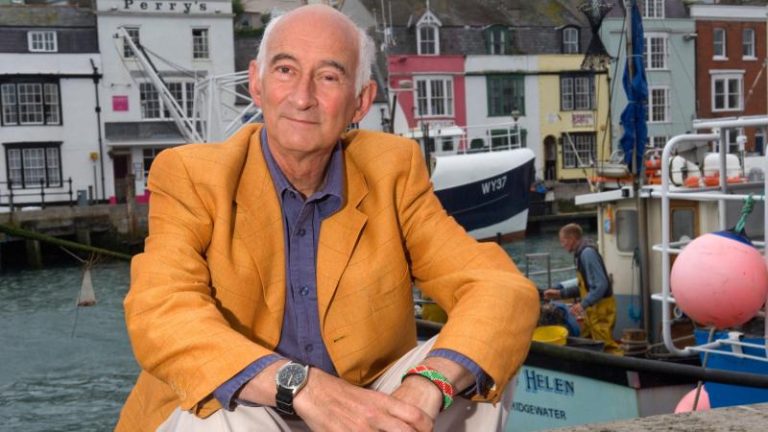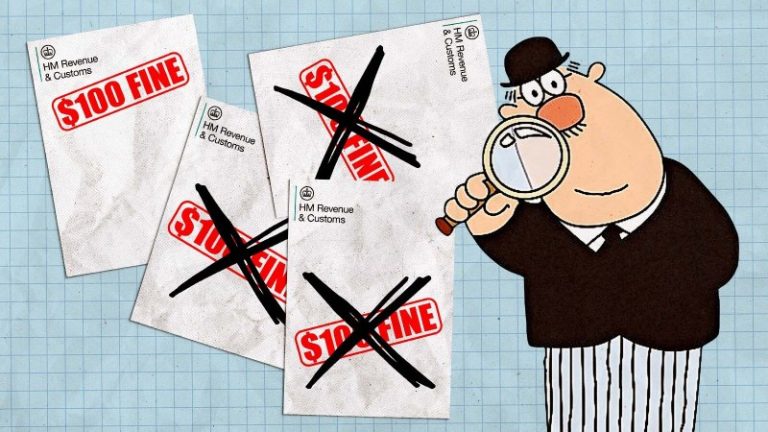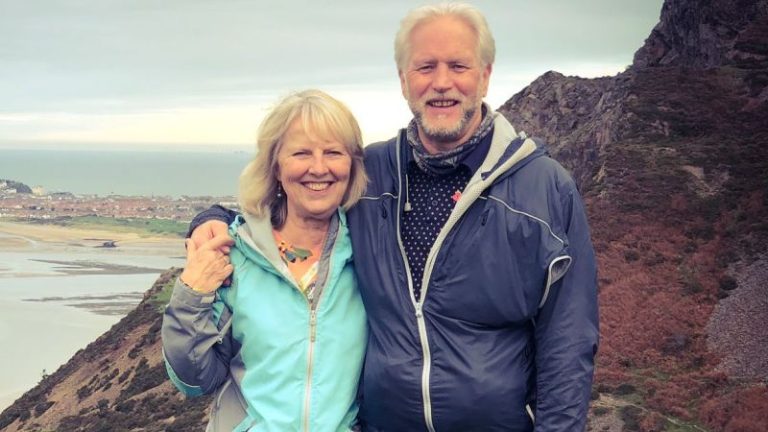Data casts doubt on Labour’s dire economic inheritance claims
Labour’s claims about the economic situation it inherited from the Conservatives should be treated with a dose of scepticism, a senior economist has said after retail sales bounced back last month.
Sales increased by 0.5 per cent in July compared with June as retailers recovered from a 0.9 per cent slump previously. The rise was driven by the Euro 2024 football tournament and summer discounting.
The news came after economists said that Britain had enjoyed another “gangbusters quarter” of growth as the economy expanded by 0.6 per cent in the three months to the end of June. Mel Stride, a contender for the Tory leadership, accused Labour of “concocting excuses” for tax rises in the autumn budget with its claims about the Conservatives’ economic legacy.
Ben Zaranko, of the Institute for Fiscal Studies, the think tank, told Today on BBC Radio 4: “The first thing to stress is that the economy is growing at a relatively healthy rate. Inflation is now back close to its 2 per cent target, unemployment is low. So when the government says it’s got the worst economic inheritance ever, we should treat that with a healthy dose of scepticism. When they say they have got a terrible public finance inheritance, I think I have much more sympathy.”
Rachel Reeves, the chancellor, claimed this month that there was a £22 billion “black hole” in Britain’s finances as she warned that “difficult choices” lay ahead. Nearly half that figure is down to her decision to accept independent advice and award public sector pay rises of between 5 per cent and 6 per cent.
This week the government offered train drivers a 15 per cent pay rise worth about £9,000 each as it sought to end a two-year dispute that has crippled the railway network. It has already signed off £9 billion of rises for public sector workers.
The move to settle the train drivers’ dispute is expected to have a knock-on effect with other unions. The National Union of Rail, Maritime and Transport Workers (RMT) has made clear that it expects to be offered the same terms given to train drivers represented by the Associated Society of Locomotive Engineers and Firemen (Aslef). GPs are demanding an 11 per cent funding rise and the British Medical Association has threatened to bring the NHS to a “standstill”.

“Going into the budget, I think there’s reasons if you’re Rachel Reeves to be hopeful that the outlook has improved a little bit, growth is looking a little bit healthier and perhaps global interest rates might come down a bit,” Zaranko said.
“The problem is that the degree of space she’s got against these supposedly iron-clad fiscal rules she has announced could be almost all taken up just by these pay deals. That’s before other things Labour has promised to do, transformative green investment, spending more on defence in response to events in Ukraine. Any additional space will be more than taken up by these spending pressures.”
Over the first half of the year, Britain had the best-performing G7 economy, expanding by 1.4 per cent. Stride, the former work and pensions secretary, said: “Our growth remains the strongest in the G7. Yet Rachel Reeves continues to lay the ground for damaging tax rises. Labour cannot keep concocting excuses. The facts speak for themselves. If they raise taxes, it is not out of necessity, it’s because they always planned to do it.”

Official figures showed a 0.5 per cent month-on-month increase in retail sales volumes in July after a 0.9 per cent decline in June. When measured over the year, retail sales expanded by 1.4 per cent and they were up by 1.1 per cent in the three months to the end of July.
The Office for National Statistics said sales had been driven higher by department stores and demand for sports equipment during Wimbledon, the Euro 2024 football tournament and the build-up to the Olympic Games. However, footwear, clothing and household goods declined on the month.
The news came a day after the ONS said that the economy had grown by 0.6 per cent in the second quarter, after achieving growth of 0.7 per cent in the first.
Yael Selfin, chief economist at KPMG UK, said the figures indicated “another gangbusters quarter”. She predicted that overall growth in for 2024 would be 1.1 per cent, well above expectations at the start of the year.
Jeremy Hunt, the former chancellor, said the GDP figures were “yet further proof that Labour have inherited a growing and resilient economy”, writing on X: “The chancellor’s attempt to blame her economic inheritance on her decision to raise taxes — tax rises she had always planned — will not wash with the public.”
• Jeremy Hunt: I’m no liar. Labour’s ‘black hole’ is fiction
Global stock markets generally rose on Thursday, a sharp reversal on both sides of the Atlantic. Billions had been wiped off stocks worldwide in a heavy sell-off amid fears that the American economy was heading for a downturn. The volatility was exacerbated by Japan raising its interest rates.
British households have benefited from a rise in their real incomes this year on the back of strong average wages growth and falling inflation. However, overall consumer spending remains nearly 2 per cent below pre-pandemic levels and June’s drop in sales volumes meant the economy was stagnant at 0 per cent in that month. Retail sales are used as a reliable indicator of consumer sentiment and are a factor in measuring economic growth for any given month.






